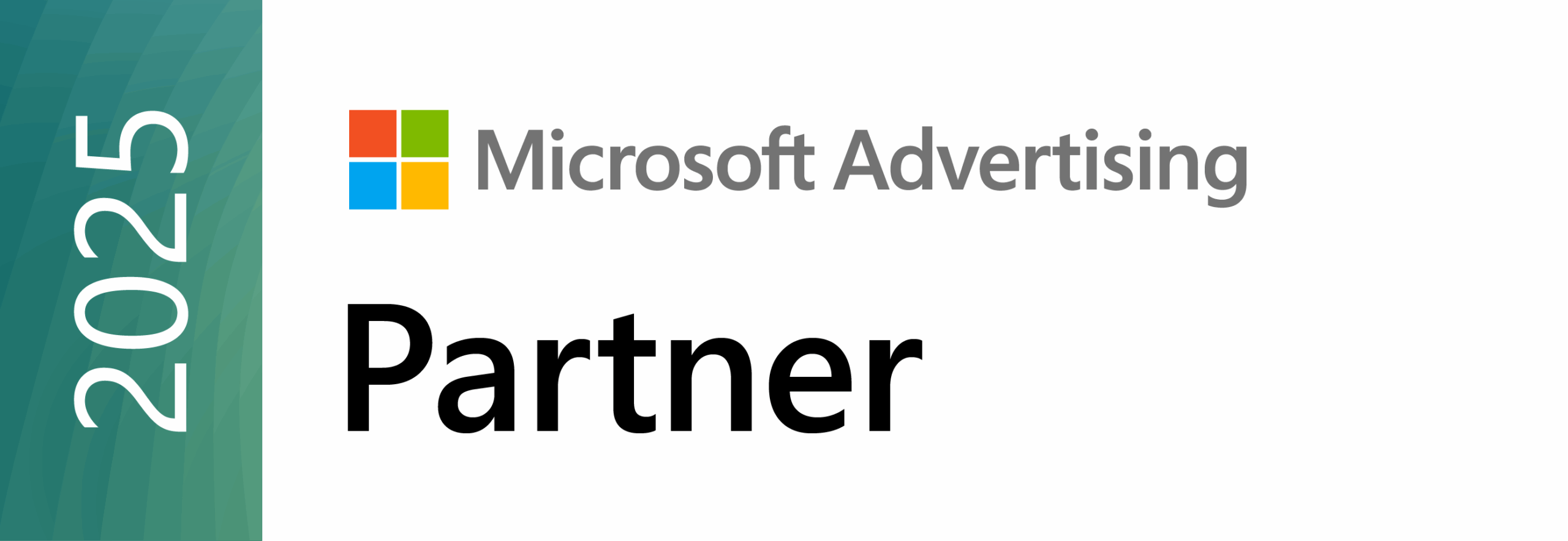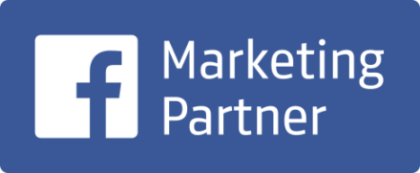
Who smashed the cookie jar?
2021 saw a miasma of regulation around the use of tracking cookies. And that’s putting it mildly. Every digital ad platform, including Google ads and Facebook ads, has to rethink its approach.
And the market just got a lot more competitive for all of us.
Google Ads or Facebook Ads?
Google and Facebook are competing titans, and they’re both great options.
Which is better?
That’s a matter of choice. Facebook’s parent company, Meta, is the king of social media ads. Through their business suite, you can run ads on apps, websites, and via Instagram ads.
But Google has unprecedented reach. A recent study comparing the two alongside Microsoft established clear-cut divisions:
- Facebook is more cost-effective
- Google has the greatest reach for the lowest cost
- Microsoft sees the best impact with higher ad spend
iOS 14 and Online Advertising
The iOS 14 made a critical update for online advertising in April of 2021 to reflect this.
How iOS 14 Changes What You See
Like the “accept cookies” popups you see on a web browser, apps running on Apple devices no longer opt-in by default.
Users now see a notification for all apps using tracking. They’re asked for their preference to:
- Allow tracking, or
- Ask app not to track
Apple devices use a unique identifier for tracking purposes: the IDFA (Identifier for Advertisers). It used to be shared automatically. Now that only happens if users agree to it.
And real talk for a moment: When prompted, most users won’t allow tracking…
How This Affects Facebook Ads
Target audiences, targeted advertising, and lookalike audiences rely on tracking user data. Therefore, the iOS update has profound implications for the future of targeted marketing.
And Facebook’s CFO is worried, too. Between the iOS update, and regulation overhauls across Europe, their business model is under threat.
Put into perspective, the update affects 3 major areas for marketers:
- Analytics
- Retargeting
- Custom audiences
Analytics relies on gathering user data to calculate ROI and PPC. Without it, the numbers go awry fast.
And, without user tracking, it’s arduous to retarget audiences based on data such as their location, search history, and interaction with product listings.
Finally, custom and lookalike audiences become much more difficult without tracking. The data pool to pull information from is smaller, less accurate, and has a substantially lower reach.
Ad Ideas To Stay In the Game
The tracking gold rush has had its day. Yet it’s not all doom and gloom.
It’s more important than ever to produce winning ads.
Monitor them with a sharper eye than ever before, and make the most of interactivity and engaging formats: Video and gamified ads are a must-have.
And remember that custom audiences aren’t useless. You’ll have to do more of the work yourself. Consider building audiences from:
- Email subscriber lists
- Existing customers
- Landing page visitors
- Facebook profile clicks
The right target demographics aren’t out of reach.
Evolve Your Strategy
Perhaps we flew too close to the sun. And while Google is slower on the uptake and Google Ads won’t be affected as quickly, Facebook Ads have changed forever.
For now, it’s back to the drawing board. Let’s continue to evolve together.
At Bloom Digital Marketing, we specialize in SEO, search engine marketing, and social media advertising. Contact us to discover how we can level up your marketing game.




